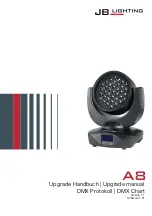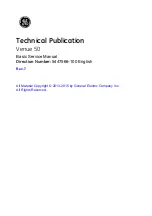
9
○
○
○
○
○
○
○
○
○
○
○
○
○
○
○
○
○
○
○
○
○
○
○
○
○
○
○
○
○
○
○
○
○
○
○
○
○
○
○
○
○
○
○
○
○
○
○
MIDI
POWER
DC IN
TO HOST
OUT
IN
ON
OFF
HOST SELECT
MIDI
Mac
PC-2 PC-1
A/D INPUT
Panel Controls and Terminals
t
A/D INPUT jacks (1, 2)
For connection of external audio sources, such as microphone, guitar, or CD player
(mono 1/4” plug). When using only one input source, be sure to connect it to the A/D
INPUT 1 jack. (See page 18.)
y
MIDI OUT terminal
For connection to other MIDI devices, such as a MIDI keyboard or tone generator.
Used to relay data received via the TO HOST terminal.
u
MIDI IN terminal
For connection to other MIDI devices, such as a MIDI keyboard, sequencer, or to a
computer via MIDI interface. When the HOST SELECT switch is set to MIDI, the
received data is sent to the internal tone generator. When the HOST SELECT switch is
set to PC-1, PC-2, or Mac, the received data is directly sent to the TO HOST terminal,
bypassing the internal tone generator. (See page 14 – 16.)
i
HOST SELECT switch
For selecting the type of host computer, or (when set to MIDI) normal MIDI operation.
Available settings are: MIDI, PC-2 (IBM PC/AT and compatible computers), PC-1
(NEC PC 98 computers; for use in Japan), and Mac (Macintosh). (See page 15 – 16.)
o
TO HOST terminal
For connection to a host compter. Use an appropriate serial interface cable according
to the type of host computer. (See page 15.)
!0
DC IN jack
For connection to a PA-3B, PA-1207 or equivalent AC power adaptor.
!1
POWER switch
For turning the power on and off. Turning the power on automatically sets the MU10
to the XG mode and initializes all settings and parameter values.
t
y
u
i o !0 !1
Rear Panel
Summary of Contents for MU10
Page 1: ...3 ...
Page 64: ...2 M D G EMI Division Yamaha Corporation 1996 ...










































